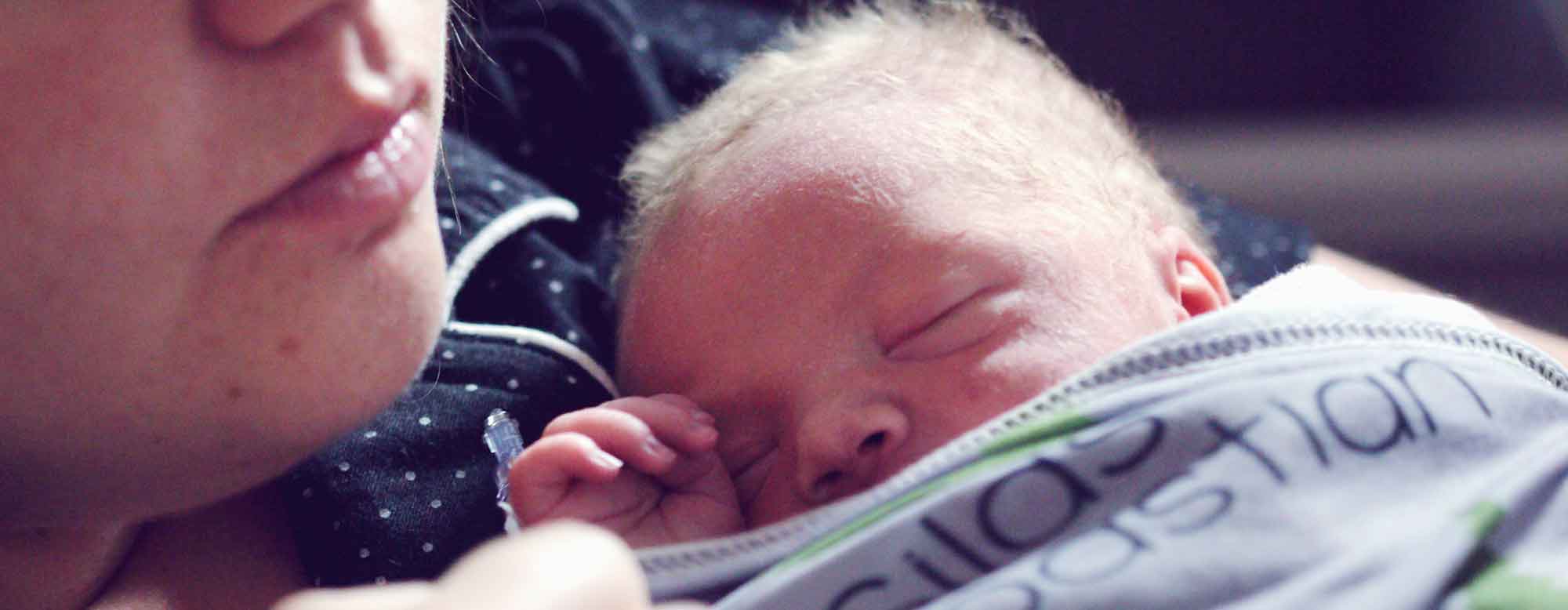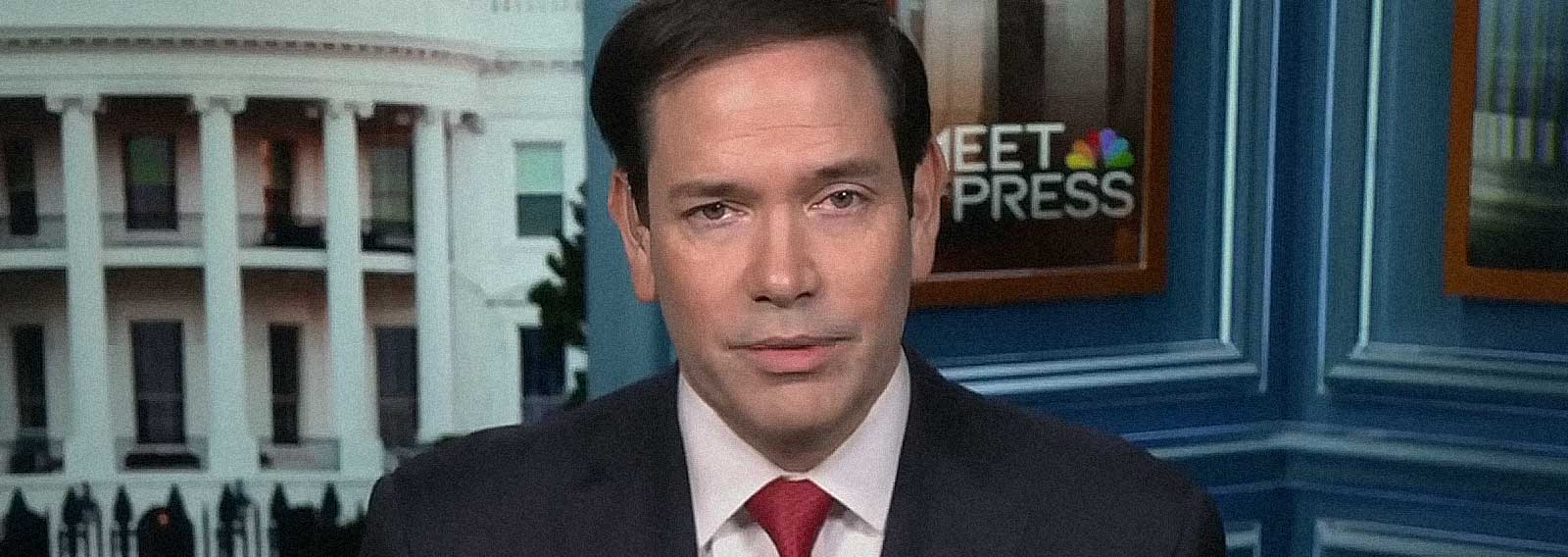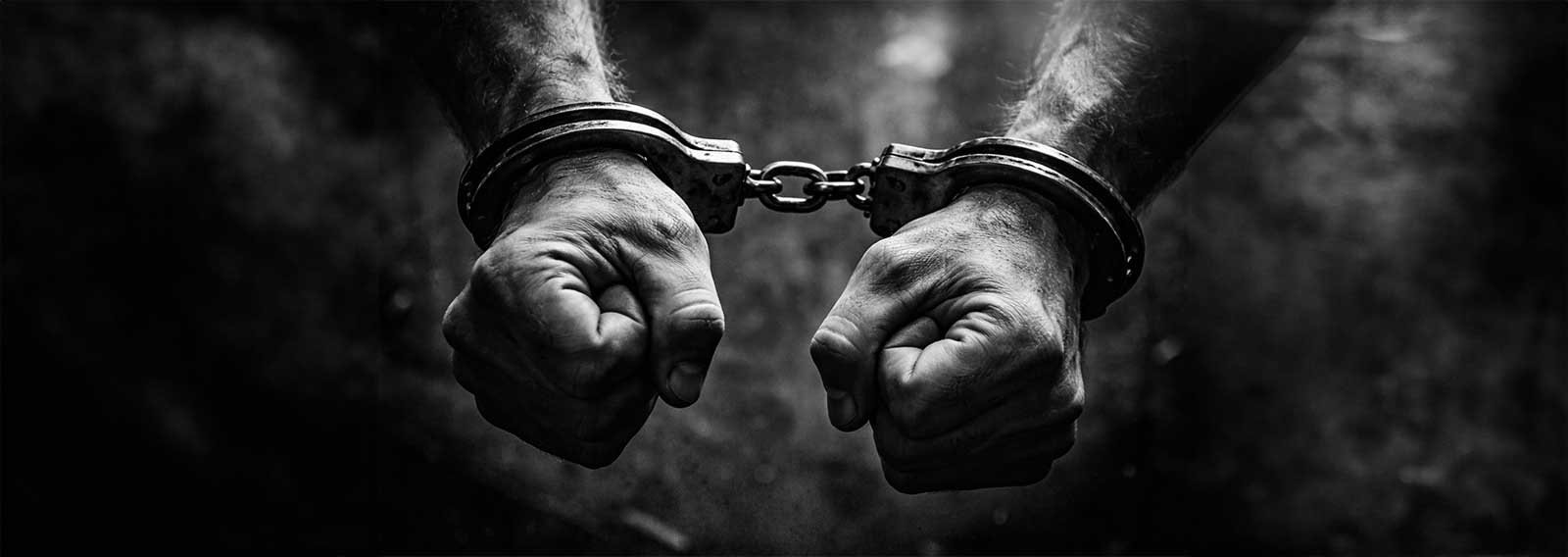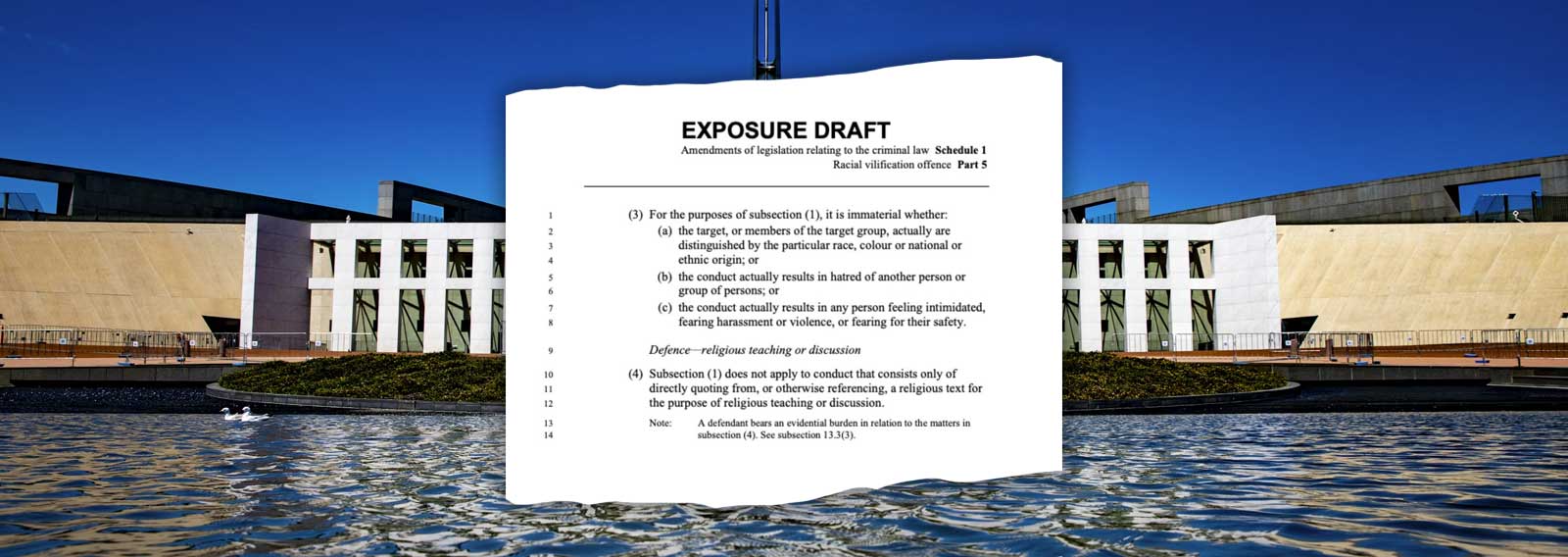Victorians undergoing fertility treatment will no longer be required to undergo police and child protection order checks before accessing reproductive procedures.
The Andrews Labor Government introduced the reforms last week in an effort to make IVF treatment fairer and easier for people who cannot conceive naturally.
Health Minister Jenny Mikakos announced the legislation on Wednesday to amend the Assisted Reproductive Treatment Act 2008 “to remove requirements for criminal record checks and child protection order checks to be carried out before a woman undergoes a treatment procedure and for other purposes.”
A media release issued by the state government suggested criminal and child protection checks were unfair, humiliating and a cause for distress. The release also claimed a consultation with police, clinics, the regulator and advocates revealed the checks were discriminatory and unnecessary.
Ms Mikakos said the checks meant IVF patients suffered discrimination not endured by those who conceive naturally.
“We’re making IVF easier to access and free from discrimination through these landmark reforms,” she said. “Police and child protection checks unfairly discriminate between people who conceive naturally and those accessing assisted reproductive treatment – we’re fixing that.”
Ms Mikakos went on to say, “Clinics gave us feedback that this was the biggest issue their clients were complaining to them about, the most common concern that was raise.”
In 2015, a Victorian woman in her 40s made headlines after she was prohibited from undergoing fertility treatment for failing a child protection order check.
At various times, child protection authorities had to remove four other children from her custody due to a “long history of substantiated concerns recorded against her, including physical and emotional abuse, and medical and environmental neglect.”
A tribunal ruled, “there are significant and continuing risks to the welfare and interests of a child to be born to the applicants by means of ART [assisted reproductive technology] and at this stage, the tribunal cannot be satisfied that it is in the best interest of a child to be born for such treatment procedure to be made available.”
At the time, the Herald Sun reported that Patient Review Panel data showed almost 150 “Barrier to treatment cases were considered” between 2010-2015, with only about five upheld.
According to The Age, between 2012 and 2020, “180 criminal record checks of would-be parents were considered by the Patient Review Panel, and treatment was denied to 12 of them.”






















